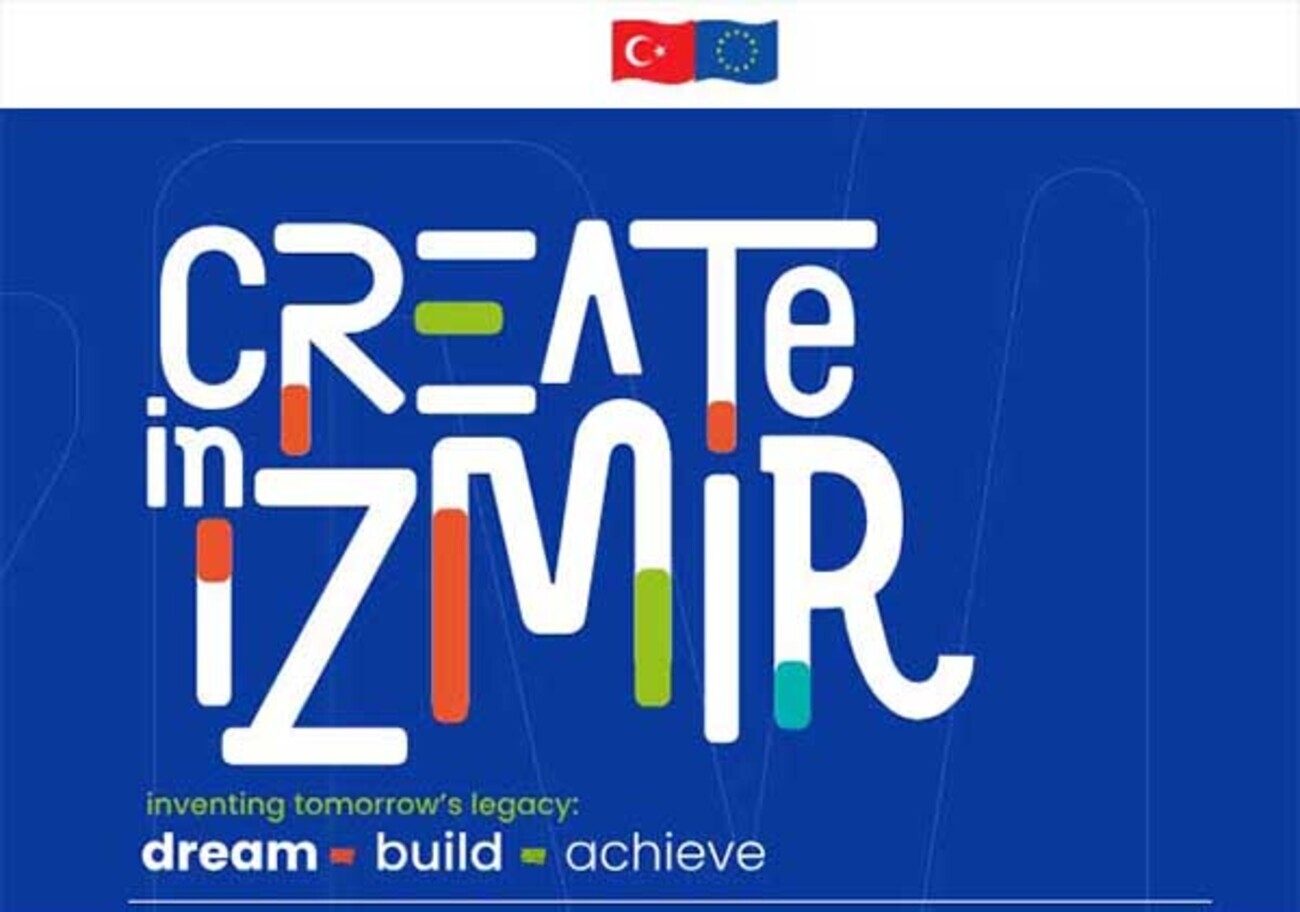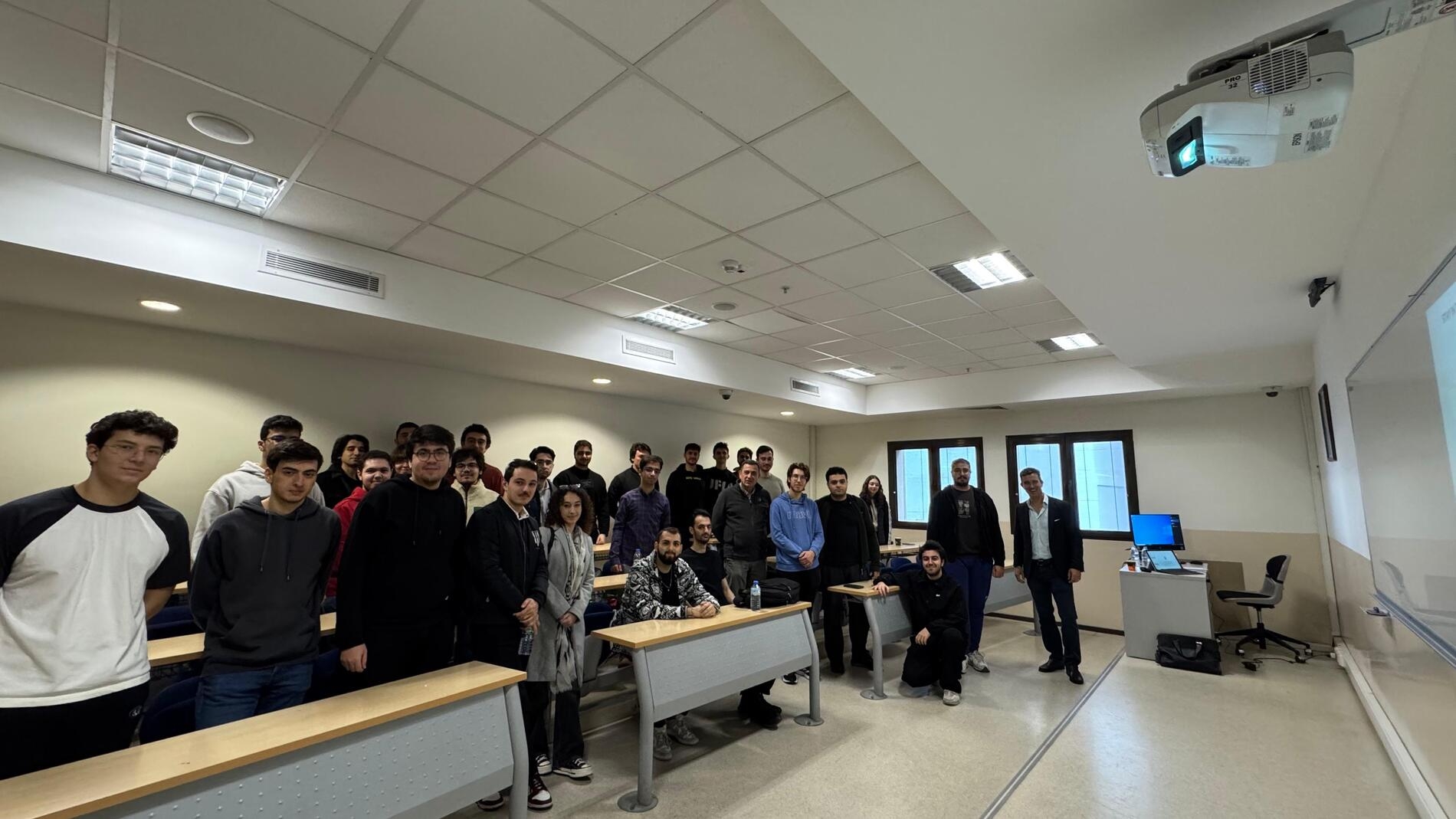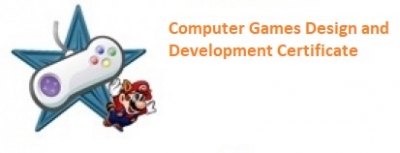
Ruby, Rails, and HOTWIRE for Modern Web/Mobile Application Development Event Held Successfully
The Ruby, Rails, and HOTWIRE for Modern Web/Mobile Application Development event, organized by the Faculty of Engineering, Department of Software Engineering, was ...

Izmir University of Economics Information Technologies Hackathon Event
Izmir University of Economics IT Hackathon was held on 21-22 December 2024 with the participation of 22 of our students ...

Visit of broadAngle in Izmir University of Economics
Garrison Atkisson, co-founder and CEO of broadAngle, a software company operating in the US and Izmir, and Nihatcan Çolpan, a ...





